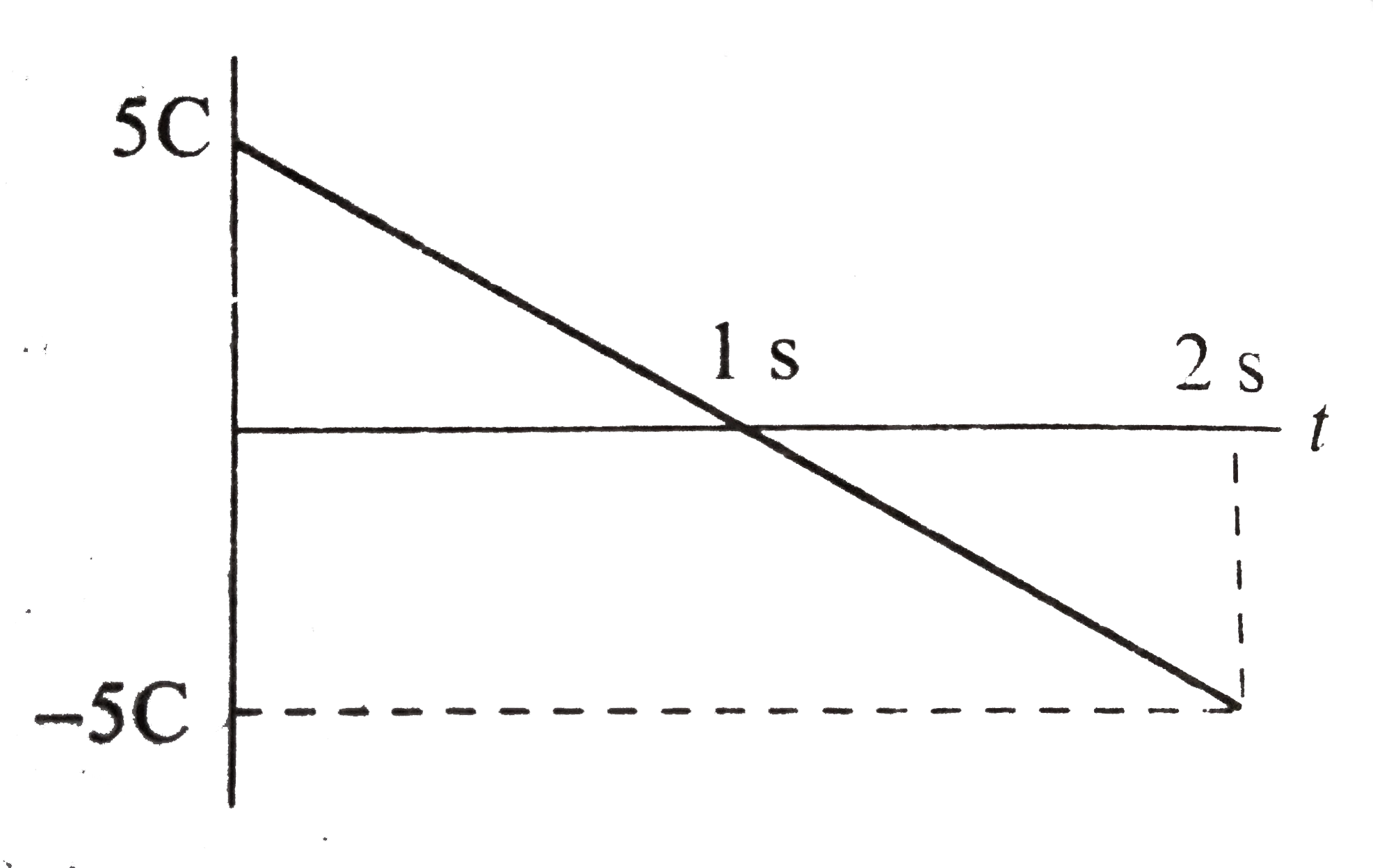The charge flowing through a resistance R varies with time tasQ=at−bt2. The total heat produced in R is
a3R3b
a3R2b
a3Rb
a3R6b
The correct Answer is:D
Step by step video, text & image solution for The charge flowing through a resistance R varies with time t as Q = at - bt^(2). The total heat produced in R is by Physics experts to help you in doubts & scoring excellent marks in Class 12 exams.
Updated on:21/07/2023Topper's Solved these Questions
- CURRENT ELECTRICITYBook:DC PANDEYChapter:CURRENT ELECTRICITYExercise:Match the columns
Explore 4 Videos
- COMMUNICATION SYSTEMBook:DC PANDEYChapter:COMMUNICATION SYSTEMExercise:Subjective
Explore 11 Videos
- ELECTROMAGNETIC INDUCTIONBook:DC PANDEYChapter:ELECTROMAGNETIC INDUCTIONExercise:Medical entrances gallery
Explore 25 Videos
Similar Questions
The charge Q( in coulomb) flowing through a resistance R=10Ω varies with time t (in second) as Q=2t−t2 . The total heat produced in resistance R is
View SolutionThe charger Q(in coulomb) flowing through a resistance (R=10Ω) varies with time t(in second) as (Q= 2t-t2). The total heat produced in resistance R is
View Solution
Knowledge Check
The charge flowing through a resistance R varies with time as Q=2t−8t2 . The total heat produced in the resistance is (for 0≤t≤18)
AR6 joulesBR3 joulesCR2 joulesDR joulesThe charge flowing through a resistance R varies with time tasQ=at−bt2. The total heat produced in R is
Aa3R6bBa3R3bCa3R2bDa3RbThe charge flowing through a resistance R varies with time tasQ=at−bt2. The total heat produced in R is
Aa3R6bBa3R3bCa3R2bDa3Rb
In Fig. 6, l and m are two parallel tangents to a circle with centre O, touching the circle at A and B respectively. Another tangent at C intersects the line at D and in at E. Prove that ZDOE=90.
View SolutionThe charge flowing through a resistance R varies with time tasQ=at−bt2. The total heat produced in R is
View SolutionThe charge flowing through a resistance R varies with time tasQ=at−bt2. The total heat produced in R is
View SolutionThe charge flowing in a conductor varies with times as Q=at−bt2. Then, the current
View SolutionA charge passing through a resistor varies with time as shown in the figure. The amount of heat generated in time t is best represented (as a function of time ) by

View Solution

